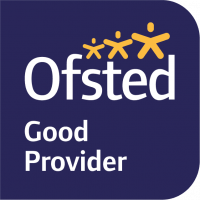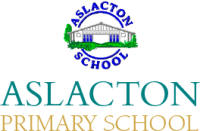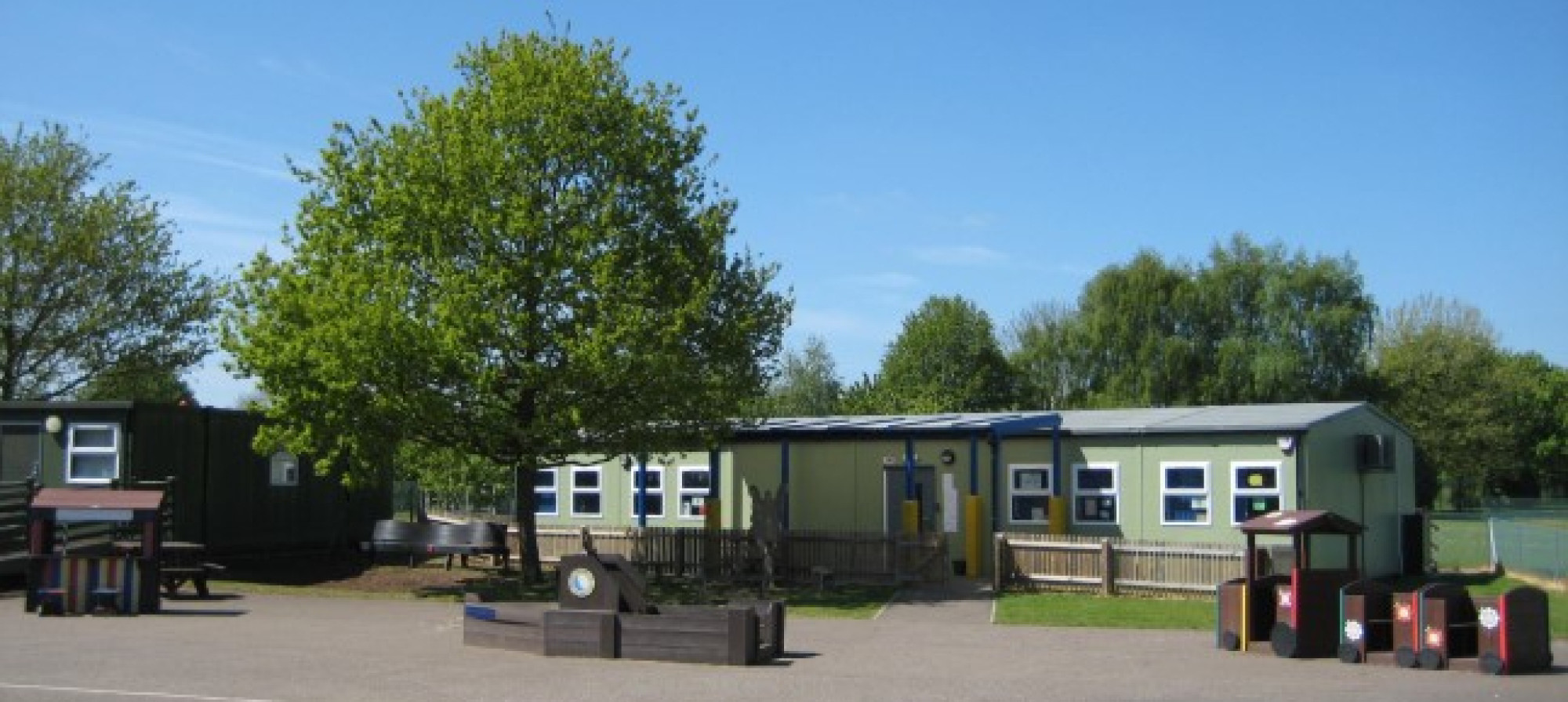Physical Education
![shutterstock_1466824106-[Converted]](/images/uploads/29/649/shutterstock_1466824106-%5BConverted%5D.jpg)
P.E is seen as a high priority in our school. We understand the importance of children enjoying an active life and how vital it is that children are exposed to different activities at an early stage in their education.
Health and Safety
We take the safety of the children seriously when P.E lessons are taught.
To that end children must:
- be dressed appropriately in properly fitted clothing for all P.E including footwear.
- be free of jewellery - this includes removing all earrings.
P.E is taught both indoors and outdoors depending on the activity and the weather conditions. Please check the school prospectus for a full guide to appropriate P.E clothing.







